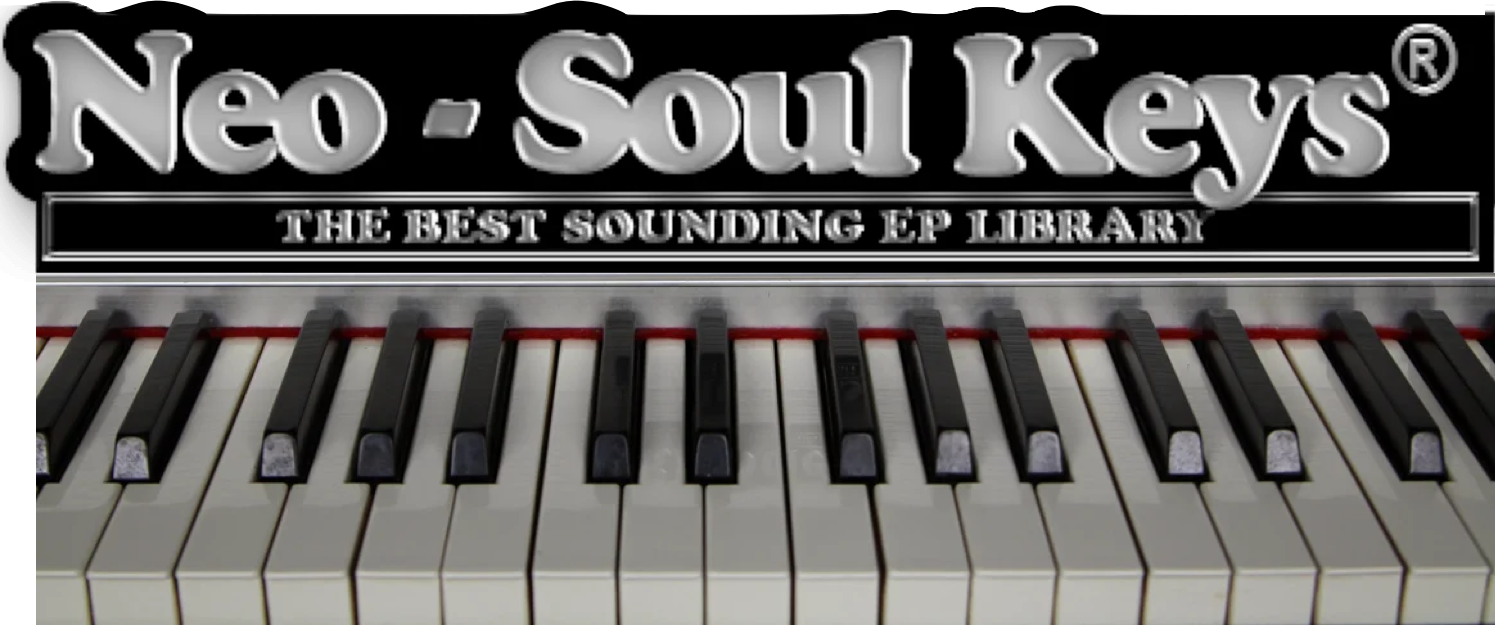
The only way to get better at playing gospel music is by practicing it.


Suspended chords are always beginning to resolve to the root chord, and by adding these voicings to your chord progressions it’ll make the return to the root all the more satisfying.Īlso, because the suspended fourth eliminates the harsher tritone in your standard dominant chord, this gives it softer, less aggressive quality. Dominant 7 flat 9 flat 13Īs I mentioned earlier, dominant chords work well on the four and five chords, especially in blues and gospel contexts.Ī great way to alter these dormant seventh chords, especially when going back to the one chord is by suspending the third to the fourth interval of the chord. Minor 11th chords are yet another way to spice up transitive 2-5-1 progressions and other diatonic minor chords.ĭon’t be too intimidated by all the extensions, since these notes all exist in key and won’t require you do go to any weird sharps or flats. On the keys, you’ll find that this chord especially uses very clustered voicings to create harmonically complex, thick sound. In reality, this chord is often played omitting the root or fifth note, especially on guitar, because it’s such a busy chord already and those more neutral-sounding notes don’t add a whole lot. In theory, the minor 11th chord adds an 11th to the minor 9th chord, meaning you have the minor seventh chord with two extensions on top. The minor 11th chord was a favorite of Miles Davis in Kind of Blue. The minor 11th chord is another chord that gets used a lot in lo-fi, neo-soul and of course gospel music-this chord was a favorite of Miles Davis in Kind of Blue too! Okay, let’s dive into the ten most important gospel chords you need to know! 1. So, if you need to go back and learn why an A chord in C major is a minor chord, for example-it might help to learn how diatonic chords work first. Pick out a classic gospel tune and learn what voicings and chords you like. I’m following the diatonic chord qualities of each step of the scale in that key. I’ve written out some examples for you to hear and see how these chords look like.Īll of these chords fit within the key of C major.
#NEO SOUL KEYS GOSPEL MUSICIANS HOW TO#
How to understand the chords in this article If you want to practice over a chord progression I suggest picking out a classic gospel tune and learning what voicings and chords you like.

The genre uses many of the same progressions as jazz and soul music-you’ll hear a lot of 2-5-1’s and 3-6-2-5-1’s for example. There’s really not a set of chord progressions that are unique to gospel music. Learning how to play gospel music is all about learning how to voice chords with different extensions around fairly common chord progressions. So learning your gospel chords is great because those sounds translate into so many different use cases and will make you a better player. The chords you’ll hear in gospel music easily translate to neo-soul, R&B and jazz-there’s a reason why many of today’s biggest artists got their start playing and singing in gospel choirs. Gospel music has a special, soulful sound that’s inspired so much modern music.


 0 kommentar(er)
0 kommentar(er)
